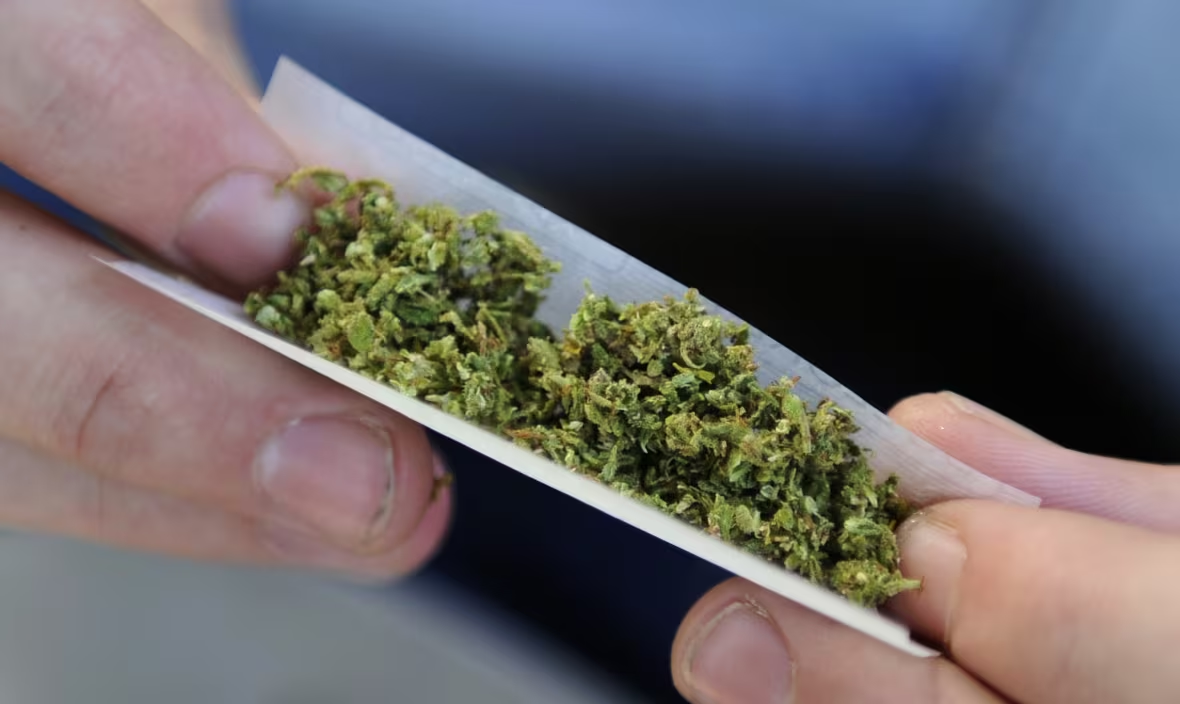Don't get hopes up about weed at work, warns Vancouver employment lawyer
Experts say workplaces should update drug and alcohol policies ahead of legalization next week

Recreational cannabis becomes legal in less than a week, but one Vancouver-based employment lawyer says employees shouldn't get their hopes up about weed in the workplace.
Leslie Whittaker, who's with Boughton Law, said legalization on Oct. 17 could present challenges to employers who are not prepared.
"There is a little bit of a social push coming forward where some employees may think that now that it's legal, they have the right to smoke or ingest it whenever they want," she said.
"Obviously, that is not true."

Similar to alcohol policies
The majority of workplaces already have drug and alcohol policies prohibiting employees from showing up impaired and legalization of marijuana doesn't change that, Whittaker said.
"Just like alcohol is legal, employers are able to police their employees and have policies where alcohol is not allowed at the workplace or during work hours and it's exactly the same with recreational marijuana," she said.
The same is true for corporate occasions like Christmas parties and other work-sanctioned events, she told Stephen Quinn, the host of CBC's Early Edition.
Once weed is legal, employers can allow workers to light up alongside their alcohol-drinking colleagues but don't have to — workplace policies are still enforceable, even during a work party.
"It's very smart for employers to have policies and update their existing policies to specifically address marijuana because it is going to be on employees' minds," Whittaker said.
"There may be a slight increase [of cannabis use at work] and, depending on the industry, there might be a few blips to get it under control, but I do think the novelty will wear off soon."

'Reiterating expectations'
Karen Stokke, a learning manager with Cannabis at Work, said legalization of cannabis could make enforcement of drug and alcohol policies more difficult.
"The biggest challenge when it comes to determining impairment in the workplace when it comes to cannabis is that we don't have effective drug and alcohol tests," Stokke said.
Urine tests show historic use of cannabis rather than impairment in the moment, and oral swabs, while showing more recent use, also don't identify impairment.
Stokke is in Dawson Creek, hosting a presentation this week for employers about cannabis in the workplace and how to address the issue with employees.
"It's really about reiterating those basic expectations about workplace conduct," she told Carolina de Ryk, host of CBC's Daybreak North.
"This is a great time for employers to be updating their drug and alcohol policies."
With files from The Early Edition and Daybreak North.